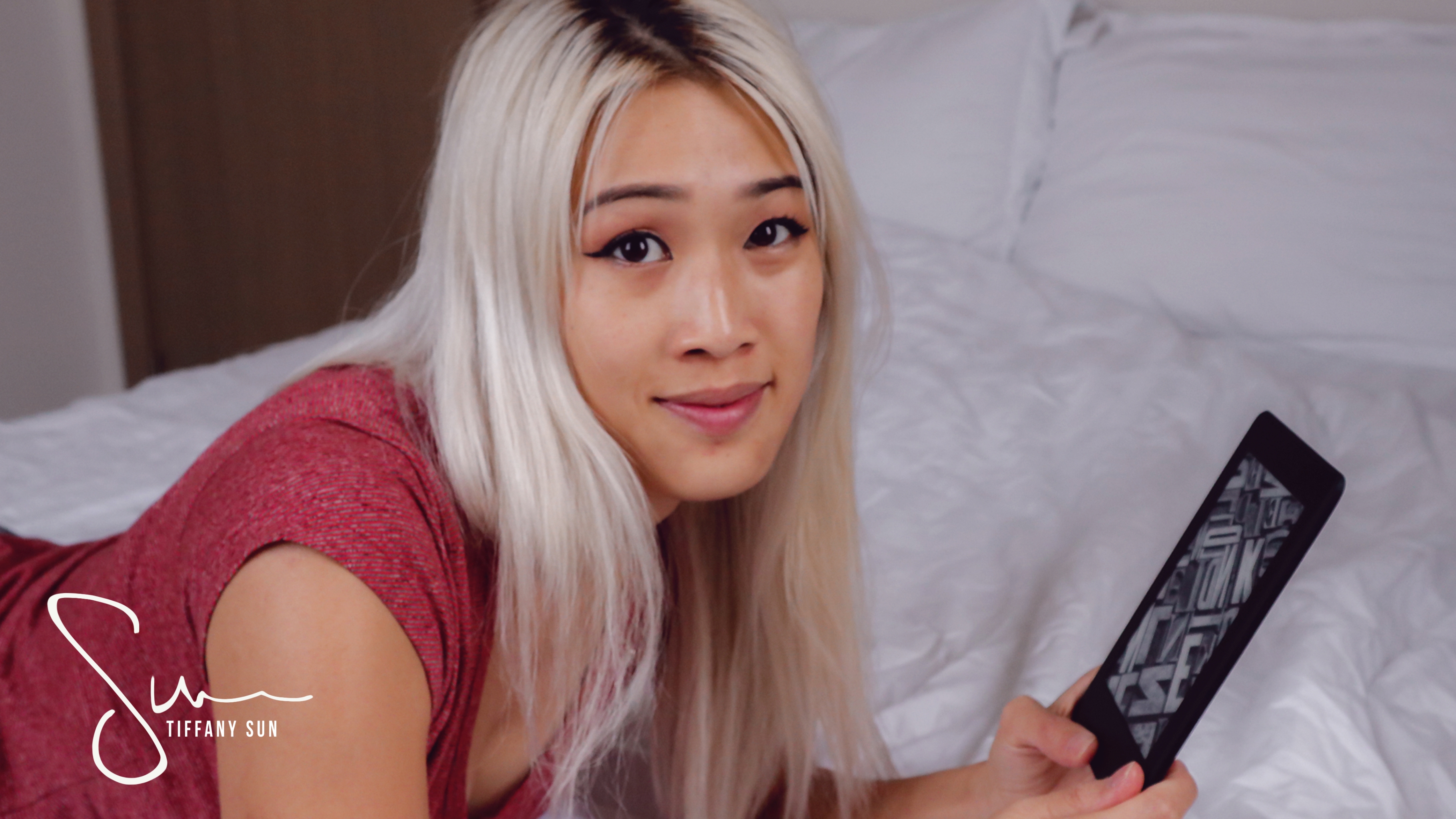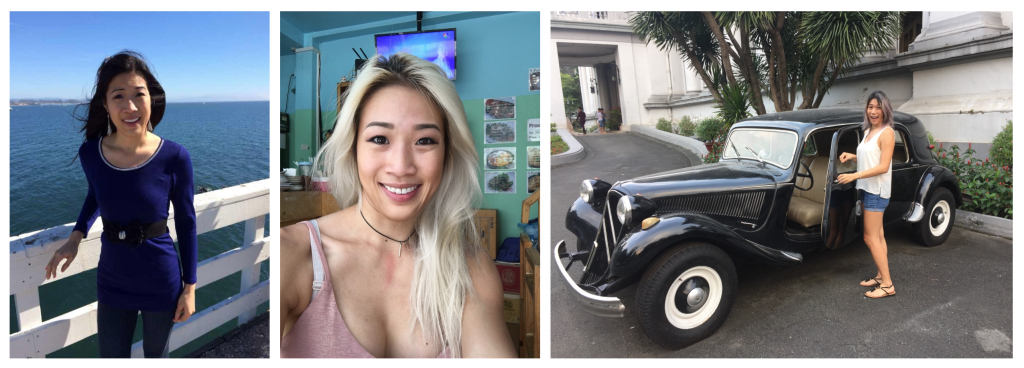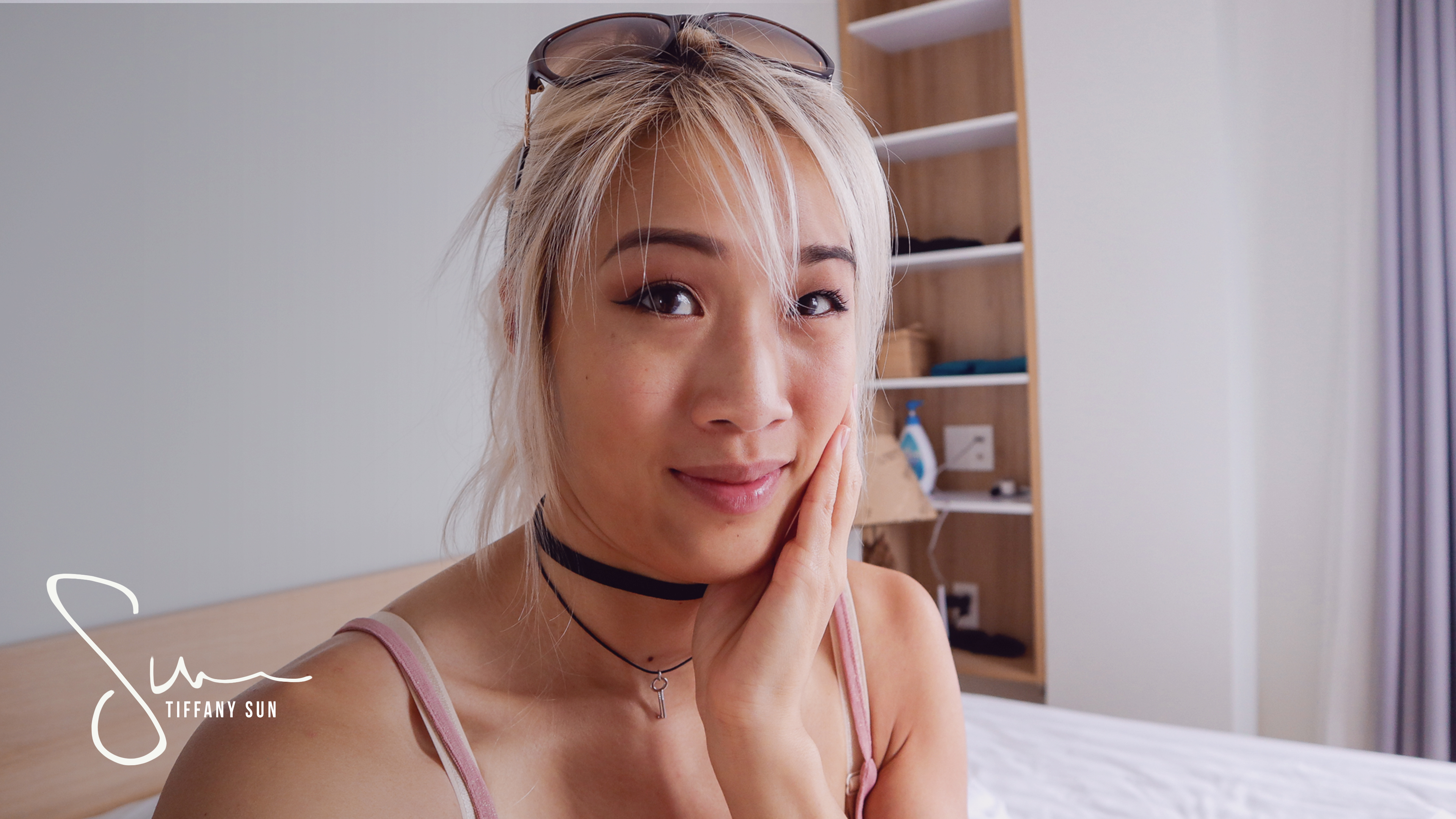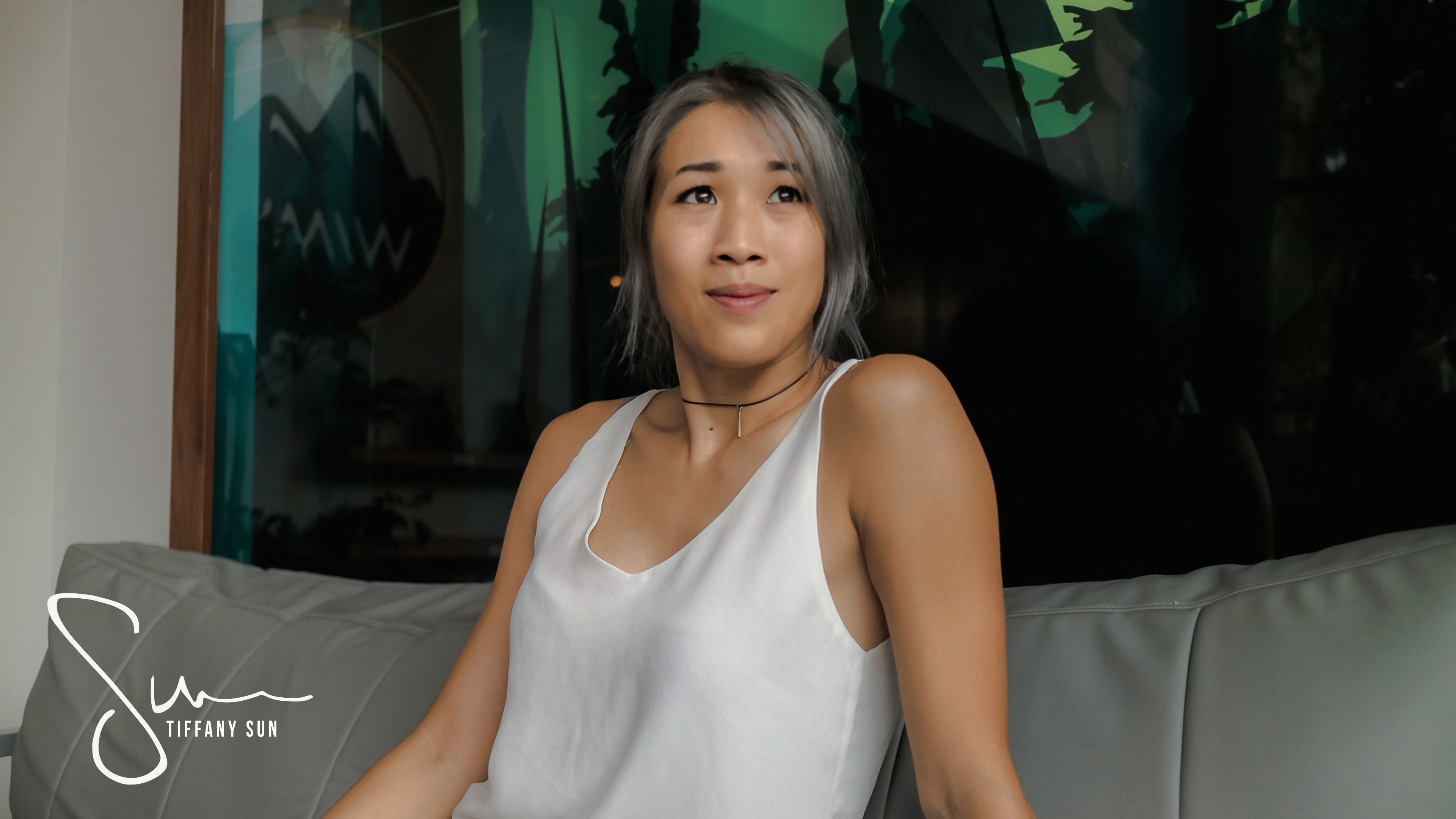
How I Became Obsessed with Reading
I used to hate it.
When I was a kid, my parents had often encouraged me to read. They would take me to the library, buy me children’s books and occasionally point at a kid who was burying his nose in a book and suggest I do the same.
But why? I asked them. Why should I read if I don’t enjoy it? Reading just isn’t as fun as, you know, playing with Barbie dolls or digging up worms in the garden.
“Reading will make you smarter,” they proclaimed. If you read a lot of books, it’ll help you at life.
My face frowned as I tried to interpret what was just said, but much to my effort couldn’t.
Um, how so…?
While I did understand these were my parents and that they had decades more experience knowing how to get by in life based on what they’ve done successfully and what they’ve silently regretted, I couldn’t accept their motherly advice. It just didn’t make any sense to my five-year old mind.
Why spend more time doing what’s supposedly good for you if you absolutely, with all your heart, hate it? Wouldn’t you have less time on things you’d rather much be doing? Wouldn’t you end up unhappy? Bored out of your mind? Unfulfilled? Wouldn’t you miss out on opportunities that might’ve, could’ve, evolved into something more, something much larger than what you were capable of imagining at the moment: a profession you truly enjoy, a skill you become exceptionally good at, perhaps the cornerstone of your entire life.
I froze in place, unsure of who to listen to: my parents or my thoughts?
I knew I’d always wanted to be a good kid the way my parents expected me to be, but at the same time, I didn’t want to give up on happiness either. I had to pick a side.
After what seemed like an eternity (but was really just a minute), I ran to my room and dug up every book I was ever given. My heart pounded. This is it, I murmured. There’s no going back. At which point, I had crammed all of my books into the closet and dashed out the door with a shovel, ready to dig up some worms.
Little did I realize, I had made a terrible mistake.
The person I’d imagined myself to be (a smart, confident woman capable of becoming anything she desired) soon became a person I felt embarrassingly ashamed of. I felt insecure and ‘stupid’ around strangers and friends, constantly worried that they might sniff out my lack of intelligence — like how police officers spot out liars — and treat me differently. I kept my mouth shut whenever conversations veered off to topics I knew practically nothing about. I was often tongue-tied. Lost for words. Unsure of what I’d wanted to say and unable to say what I thought.
I was pretty much a “lost cause” on this planet, incapable of voicing my thoughts and conversing in most conversations (due to my lack of knowledge), which made me sad knowing now that I’d, unknowingly, screwed myself for life.
Was I still able to get smarter and catch on to everyone else? Or was it too late?
From what I’d heard, learning slows down as you age, starting particularly early in the mid-twenties. And I was 25. It didn’t seem likely that I could turn my fate around since I’d already wasted my entire youth. So why bother trying?
With that in mind, I continued on with my day, chugging away at work, doing the same old task I’d always done.
The next few years rolled by, each day feeling the same as any other day.
Weekdays, work. Weekends, chill with friends. The remaining time I had, playing video games.
My life had become uneventful — socially, mentally, emotionally — to which I’d felt increasingly and achingly bored and worried about the days to come. Was this going to be my future? Could I bear through the monotonous lifestyle of modern day society for the next 50 years? But then as I thought more deeply into this, specifically the upsides this kind of lifestyle offered, it no longer seemed as bad. At least, this sort of life was easy. At least, I could predict how things would unfold and prepare accordingly, like laundry on Fridays and girl time on Sundays, and not have to worry about anything “extra” besides what I’d become accustomed to.
But one day, something happened. Something I didn’t expect would or could ever happen to me but came coincidentally at the right moment (when I really felt “sick” of life). I believe it came from my heart, because deep down it whispered me this:
You do want to learn, Tiffany. You’re just afraid of the pain and difficulties that come with it.
Am I?
Yes. You just have to try and perhaps give things you’ve once hated, a second chance.
I wasn’t sure, at that point, if I had surely gone crazy. Was I really that bored to start imagining things like this? But it felt too real. My heart, after all these years, had seen what I’d been through and felt what I’d felt. It knew I wasn’t happy. It knew deep down I’d wanted to become smarter. I just didn’t have the courage to do anything about it or the faith to persist through.
It made me wonder then if, perhaps, my heart had hope in me. If I had received this message on the presumption that I had it in me this whole time to become the smart, confident woman I had envisioned despite being disadvantaged.
Well, I just had to try, as my heart suggested.
And so, I quit my boring job and started working for a startup, which soon led me to write (seriously for the first time) and to travel to Southeast Asia alone. It was an experience beyond words that had somehow, magically, changed the way I saw the world and how I saw myself. I gradually became more street smart. I started understanding people and why they did the things they did and said the things they said. I grew independent, managing my own finances, and adapted to new environments. I even began feeling embarrassed by my old photos — a clear sign that I’d grown dramatically.

From left to right: 2016, 2017, 2018
For the first time in what, years? I was finally happy and proud of myself to have broken out of my insecure shell and to expand my knowledge as I had within myself. It made me even more determined to learn. Simply because every piece of knowledge I’d gained, every new sensation I’d felt, ushered in a new wave of thinking that brought me closer to the person I’d wanted to be.
Eventually, I began learning something new every day (or every other day). Because had I not, if I’d forgotten or felt lazy or couch-stricken, I would’ve certainly felt empty inside, in the same way a crack addict feels when he goes cold turkey for days.
Now as a writer, I tried my best to jot down what I had learned and this new sense of self I was seeing. I wanted to, if anything, remember what I’d gone through — including the emotions I had and the thoughts I was thinking — throughout each experience and to make a note to myself that “everything is possible, even the impossible (is you try).”
The only problem was, I couldn’t keep up; the amount of learning I was accumulating soon exceeded my ability to write about them. And pretty soon, no matter how many times I wrote and rewrote my words, I couldn’t for some reason express what I had in mind. It was frustrating.
What was I to do?
My writer friend, after listening to me complain about my frustrations, suggested the obvious, “You need to read. It’s the only way you can improve your writing, because from what I see, you lack vocabulary the most.”
As much as I dreaded this answer and didn’t want to admit to the truth, he was right. I did lack the vocabulary and I was writing much slower than I had in the past (it’d take me weeks to come up with a 1,000 word post). If I wanted to take writing seriously and push myself forward into this craft, I had to read. I had to, at least, give it a shot — as my heart suggested.
So, I bought a Kindle and downloaded a few books. Most of them weren’t any good, probably because my mind wasn’t entirely interested in the subject (I wasn’t sure what to read) or the book was too difficult to digest (I wasn’t ready), but eventually I found one that completely turned my entire perspective (of books) around: The Subtle Art of Not Giving a Fuck.
It was the first book I actually enjoyed. One that didn’t follow the school rules of grammar, like I’d seen in other books, but instead spoke out as a real person — with real emotions and insights. Each word, beautifully expressed, without bullshit, about how we as a society should stop giving a fuck to every single thing around us, and to instead do things that truly matter. I guess, because it was so genuine and so unique — in terms of the author’s attitude, writing style and perspective — I felt myself craving, ever so more intensely, to read more books.
So from there, I began plowing through the internet, scouring for the most popular (life-altering) books, which after finding one, spent 30 minutes of my day, every day, reading it. Or at least a minute (if I was pressed for time). And oh, the amount of wisdom I’d acquired, the number of words I’d learned…it was staggering.
My writing had become something else entirely. Something I didn’t believe I could ever write about.
Now you might think the core message of my story is to read because, well, it’s good for you and it definitely broadens your perspective of the world (therefore making you smarter) and offers many more ways to express your thoughts on paper. But there’s something else I want to add too, that I believe is just as important, and that’s to give things you’ve once hated a second chance.
Because sometimes, we’re too immature to understand why we hate something and why we’d prefer not to, ever, face it again. Maybe it’s the pain that draws us away. Or the uncertainty of ever accomplishing anything great in that new pursuit. Either way, we probably only spent a short amount of time doing it — which makes it kind of unfair then to say, to yourself and everyone else, that you’ll never do it again. Because often times, what you experience for the first time is only a small percentage of the whole picture. You haven’t yet fully indulged yourself into the process long enough, hard enough, patiently enough, to see the results you were expecting, so naturally you move on.
But the truth is, if you invest enough time into something, anything — whether you like it or not — you will start to see it differently. In a way that isn’t just pure pain or discomfort, but strangely, enjoyment.
Anyways, thanks for reading this! I probably spent over 20 hours on this piece alone because I really, really wanted to dig deep into my thoughts and share with you how I started becoming obsessed with reading. It’s still kind of unbelievable how quickly my perspective of books changed, but this just goes on to say that you can love what you hate — you just have to try and persist through to see the beauty of it. 🙂
By the way, if you’re interested in all the books I’ve read that’ve completely turned my perspective around and the world as I now see it, there’re on my Amazon storefront. It’s not meant to promote, in any way, but rather to give you a quick glimpse of the book’s description and reviews (which I highly suggest before starting a new book) so you get down to, you know, expanding your mindset. 🙂


